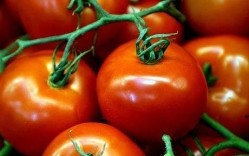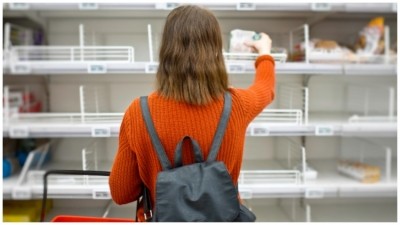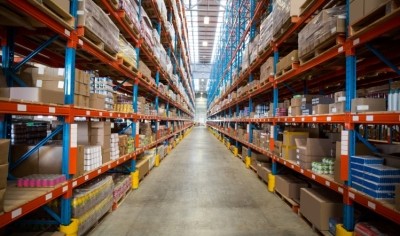News
AI 'could have prevented vegetable shortages'

While AI cannot prevent catastrophic events like pandemics or global disasters, it can help keep shelves stocked when the unexpected happens, said Reflex lead machine learning Emmanuel Raj.
“Although the lack of tomato slices in burgers may not seem like a major issue, it creates excessive costs within the supply chain,” he explained. “Huge brands rely on tomato stocks – from Heinz to Cirio – and without these products, restaurant trades experience a knock-on effect.
Massive gap in the supply chain
“What might feel like a minor annoyance to the everyday consumer, is a painful and costly event to retailers. This signifies a massive gap in the supply chain that clearly hadn't been solved ahead of time.”
In this situation, AI devices could have been used to optimise supply chain logistics, identify alternative sources of tomatoes and reduce waste.
“These tools also have the power to alert store managers when inventory levels for a particular product are running low, allowing them to order more before it runs out,” Raj continued. “This proactive approach to inventory management can prevent stockouts and ensure that customers are always able to find the products they need on supermarket shelves.
Identifying patterns
“Furthermore, by analysing vast amounts of accurate and high-quality historical data, AI algorithms can identify patterns and trends that help predict future demand for specific commodities. These insights can then be used to permanently manage inventory, reduce costs, and streamline supply chains.”
With regards to the tomato shortages, Raj said the situation highlighted the need for more resilient and sustainable food systems that may require a combination of technological and policy innovations.
Meanwhile, Food and drink inflation accelerated to 18.2% in the year to February 2023 thanks largely to the recent shortage of vegetables, according to the latest figures from the Office of National Statistics (ONS).
















